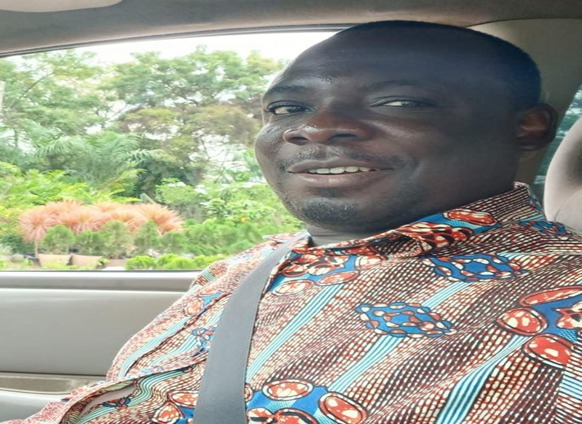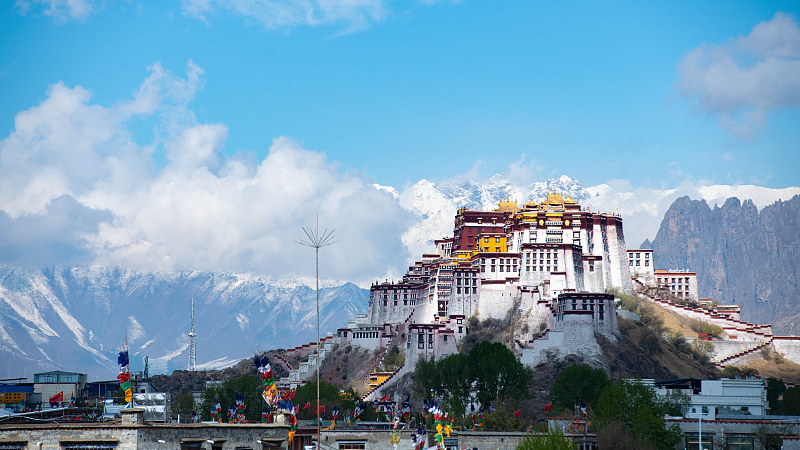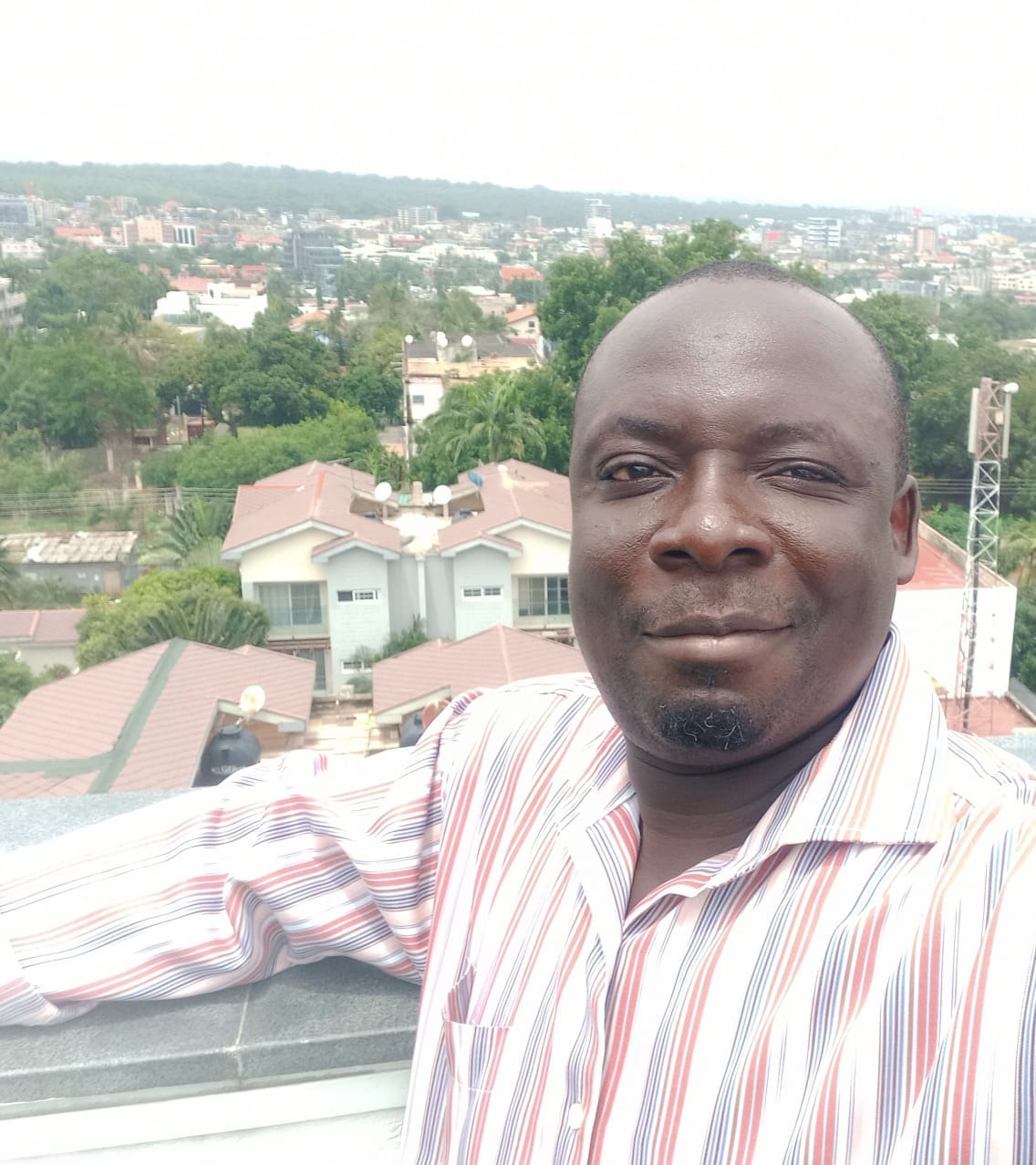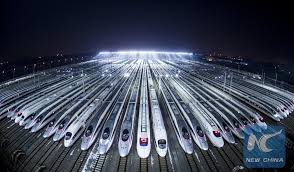By Kwabena Adu Koranteng
The current state of illegal mining locally referred to as ‘galamsey’ has gone beyond control with all sorts of people deeply engaged in the menace.
Currently, businessmen and politicians have taken over the deal and are seriously destroying the country’s forest reserves and water bodies to extract gold. Today, virtually all water bodies in Ghana have been polluted and poisoned just for gold.
Ghana’s sources of drinking water including River Volta, Densu, Birim, Ayensu, Mrempong, Abrensu, Pra, Ankobrah, Asuoyaa, and many others have been seriously polluted and poisoned making it deadly for human consumption.
Illegal mining in the northern parts of the country has polluted the Volta River upwards and this descends heavily to the southern part of the country making it difficult for treatment by the Ghana Water Company Limited.
The situation is dire and worrying to the extent that the current government is unable to tackle it due to the deep involvement of government officials and high-class politicians in power.
The water situation in the Central and Western Regions of Ghana is not different as many people currently rely on sachet water for cooking and drinking.
Sadly, quite a significant brands of sachet water come from either boreholes or pipe-borne water which means several persons are still drinking from the polluted source.
The current Mahama government has expressed its willingness to allow illegal mining activities to fester so that it could buy the gold from the producers and sell it to foreign markets through the establishment of the Gold Board.
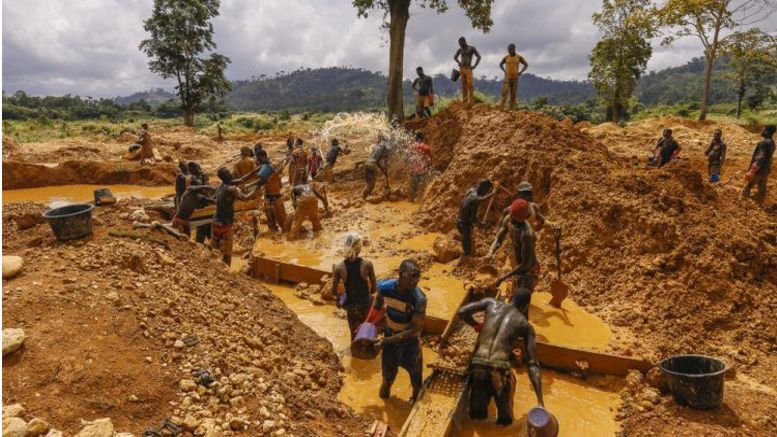
Even though experts have called for a state of emergency on galamsey and a ban on illegal mining for at least two years to help save the situation, the Mahama government seems adamant.
A declaration of a state of emergency will help address the alarming situation of illegal mining, it is sad that the galamsey menace is escalating beyond control, and if an immediate action is not taken, the country will face consequences it may not be able to manage in the near future.
The government needs to demonstrate strong political will and avoid turning the fight against galamsey into partisan politics.
The galamsey problem continues to escalate, exacerbating its environmental impact. The use of heavy equipment, such as excavators and bulldozers, has destroyed forests, river bodies, and farmlands.
Illegal small-scale mining in Ghana is destroying the environment, making people ill, adding to water scarcity, and damaging farmlands and crops such as cocoa. Water pollution from galamsey is causing chronic diseases and Ghana could be importing water by 2030, according to experts.
The Ghana Water Company Limited has warned of severe water scarcity if galamsey is not curtailed. It has recorded water turbidity levels of 14,000 NTU (nephelometric turbidity units), far above the 2,000 NTU required for adequate treatment.
Experts say the country could be importing water by 2030. Research links water pollution from galamsey to chronic diseases such as kidney failure, birth defects, and cancer, as seen in many of Ghana’s mining communities.
Galamsey is also destroying farmlands, particularly cocoa. Data from the Ghana Cocoa Board (COCOBOD) shows that production, currently at 429, 323 tonnes, is less than 55% of its seasonal output, mainly due to illegal mining.
Combating galamsey must go beyond talking and setting up committees. All mining activities around water bodies and forest reserves should be banned. The law allowing the President to grant executive approval for mining in forest reserves should be revoked. The President should also deal with offenders in his party and government. Enditem
The writer is a Journalist with the New Crusading Guide
Share Us
